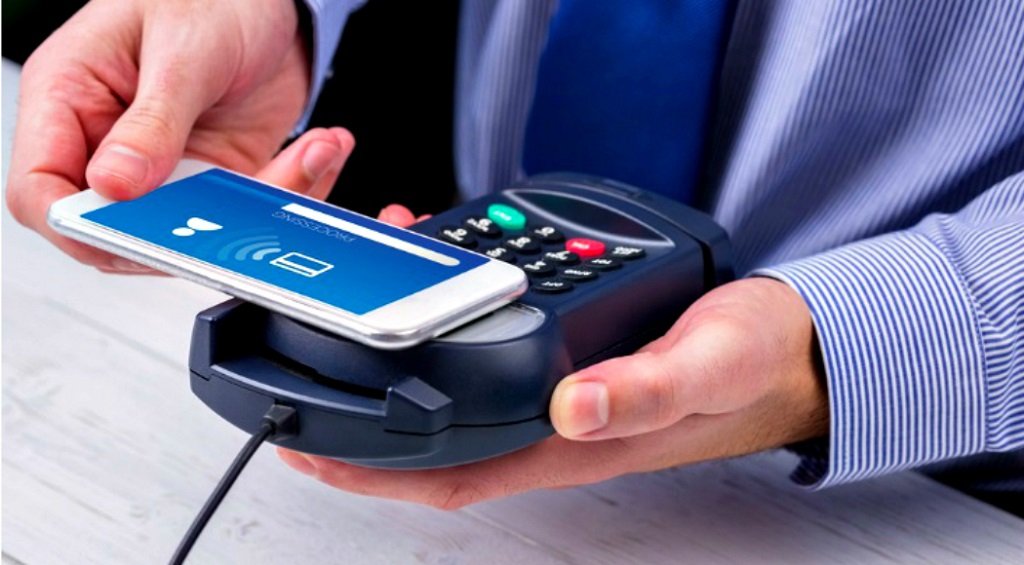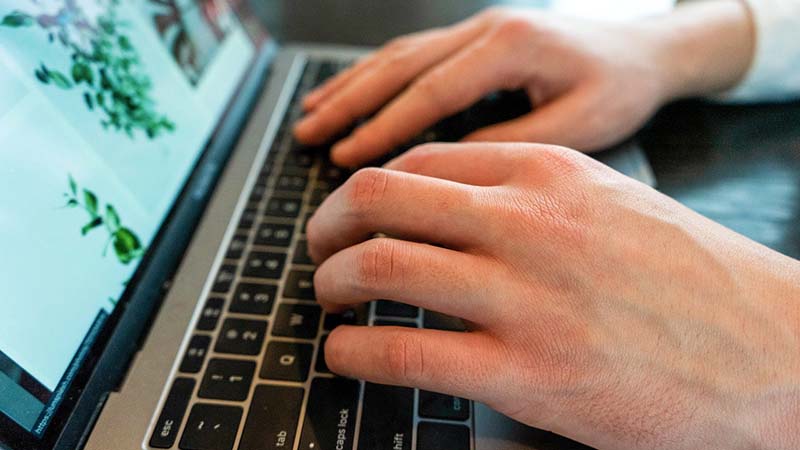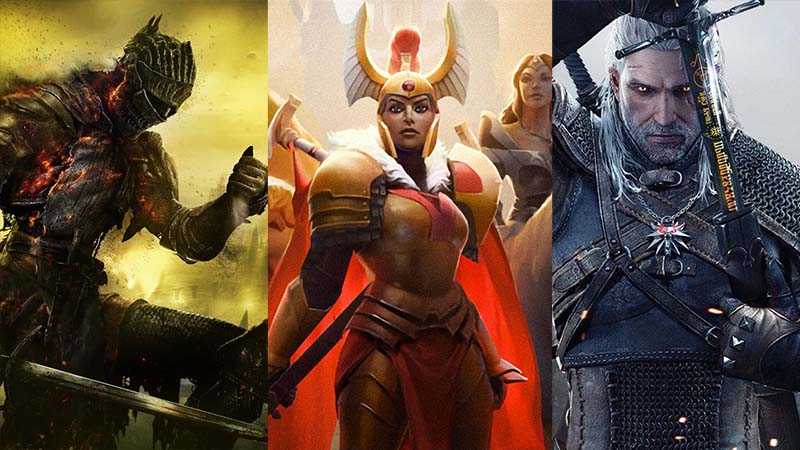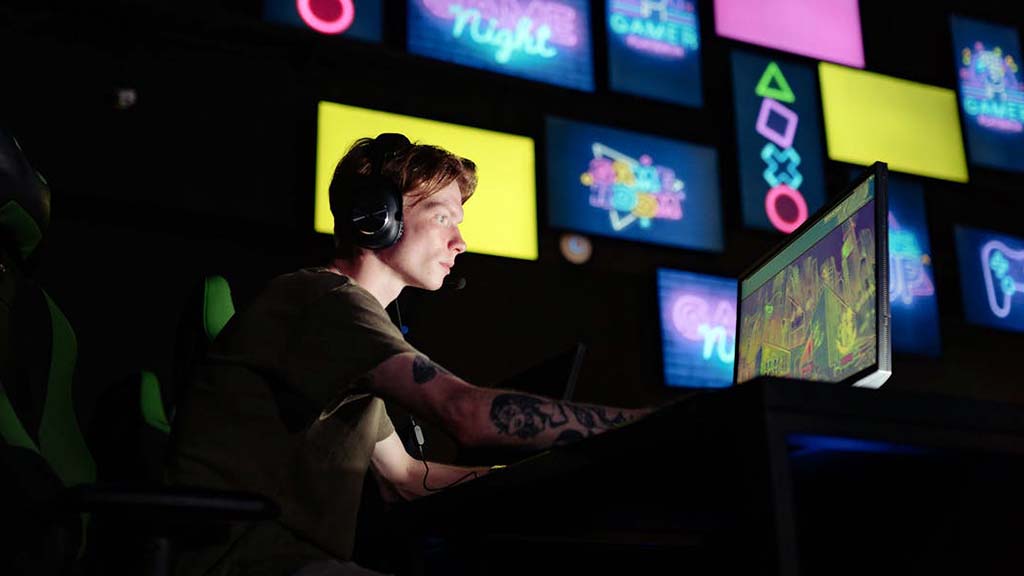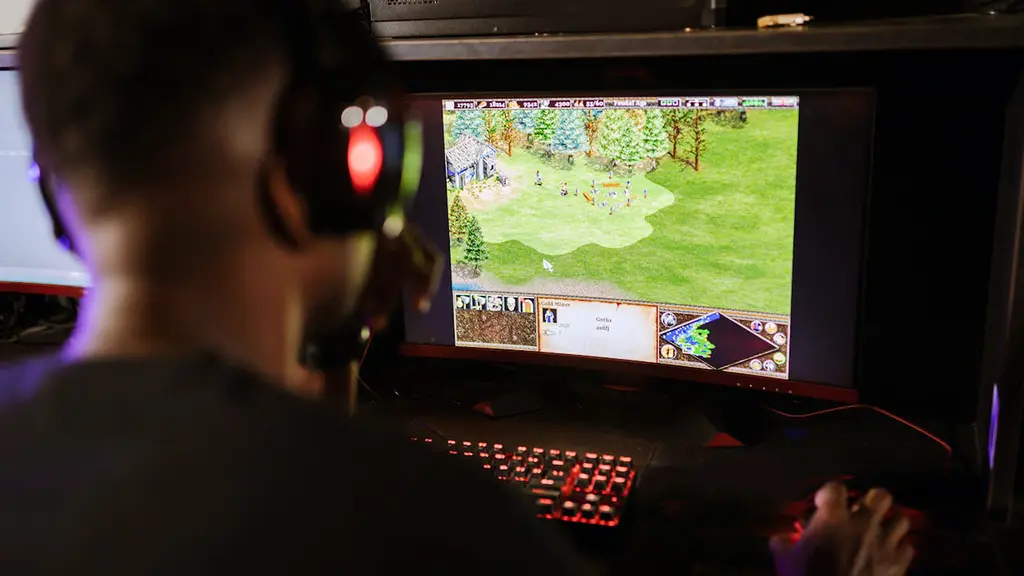Imagine all the things you have access to. We may not notice, but many things that we use every day, like credit cards, insurance, and chequing accounts are actually unimaginable for many people on the various sides of our planet. In many countries, financial institutions are not regulated properly or sometimes – not existing at all. But if you are thinking about the poorest places on Earth right now, think again, since this is the problem almost every developed country is facing today. Today we will be talking about why those problems occur, what exactly they mean for our society and what can we use in order to change something about it. Spoiler alert: we will be talking about technologies. And we will start our article with something you probably did not expect. No futuristic payment systems and flying cars, but something that each and every one of us already has for a long time – mobile.
Mobile technologies can be a real help in the fight against financial exclusion. According to the Mastercard study, 15 countries around the world represent 60% of the global non-banking population. In these countries, more than 600 million people have their own smartphone but are still cut out from the other world without having their own private bank account. All of this information means that smartphones can help in adding more than half of a million new customers to the global financial market. It is worth remembering though that access to the mobile financial sector is just the very first step in fight with eliminating financial exclusion.
Changing the world with the help of technology
15 quickly developing countries from Asia, Africa, and Latin America were analyzed throughout the study. Again, results showed that more than 607 million, who happen to be active mobile users, do not have their own bank account. The top list of countries include:
- China – 204 million
- Pakistan – 69 million
- Bangladesh – 50 million
- Indonesia – 49 million
- Vietnam – 43 million
The list may shock many of you since the majority of these countries play a big role in the global economic market. And you would be right. You see, the mere fact of someone not having a bank account does not necessarily mean that a person does not use of various financial services. In China, for example, the banking sector is not really developed, this why its citizens are turning to Fintechs and informal service providers for help. However, the whole act is so risky that customers have to agree to a much worse deal. In the case with the informal service providers, for example, nothing is covered by any legal protection, so the rates are prohibitively high for anyone to use it.
Mastercard points out that the clients’ low activity on the financial market is also another huge problem in this financial exclusion. On a global scale, 20% of the people who do have a bank account or some sort of a mobile paying system, do not use it on a daily basis. Many can forget about the existing account for a long period of time and only turn back to it on a rare occasion. This mentality should also change if we want to make big steps forward on the matter.
The biggest obstacle that may finally be conquered
Another problem is a real ongoing concern for many countries, the US in particular. Over a billion people globally do not have a basic, verifiable birth certificate, because of which they are basically excluded from society. It is no surprise that without official confirmation of identity, there cannot be any real access to financial, medical and public services. This was the main driving force for Mastercard to begin working on a project called “Digital Identity”. The project will be developed with the help of Microsoft.
In the year 2017, only in the United States there were nearly 17 million victims due to identity fraud. In 2016, occurred losses from the fake ID fraud, where criminals were using fake ID’s of other people to pay for their goods and services came as close as 6 billion USD. This is why security is one of the main focuses of the upcoming project. As should be with any new technology developed today, especially in the financial sector. The new system is promised to revolve around customers’ safety, ensuring them full control over their data.
Digital Identity system will be based around modern high-trusted digital data collection, which altogether can be used as verification of someone’s identity. Granting authorized access by the system can give you an ability to use some of the services and operations you could not use before. Ajay Bhalla, who is a president of Cyber and Intelligence Solutions for Mastercard stated the following: “Mastercard’s model embodies privacy-by-design and does not aggregate identity data. It will enable digital interactions to occur with minimal data exchanged and only when needed and will safeguard data and the use of data effectively such that the users are in control, with a person’s identity securely bound to their smartphone”.
Access to Digital Identity will present consumers with new opportunities and options in their online interactions with companies and suppliers of various services and products all around the globe. Thanks to the system, shopping online, opening a bank account or submitting a tax return will become much easier. Digital Identity will also improve the usage of web and social media – the risk of fraud, using false profiles or stolen data should be reduced gradually. But how exactly the system is going to work, will be known when Microsoft presents us with more details on their project of the future.
Final Thoughts
According to the report, one of the most crucial things is that professional suppliers need to be able to offer more profitable services in the face of customers than any off-license sectors can. Building those new services, making them available and comfortable to work with is only one of the elements. Financial exclusion can happen not only because some of us do not have a bank account, but because sometimes people are unable to pay with cash. In countries like the United Kingdom or Sweden, this is becoming a real problem – especially for older people or people with disabilities.

